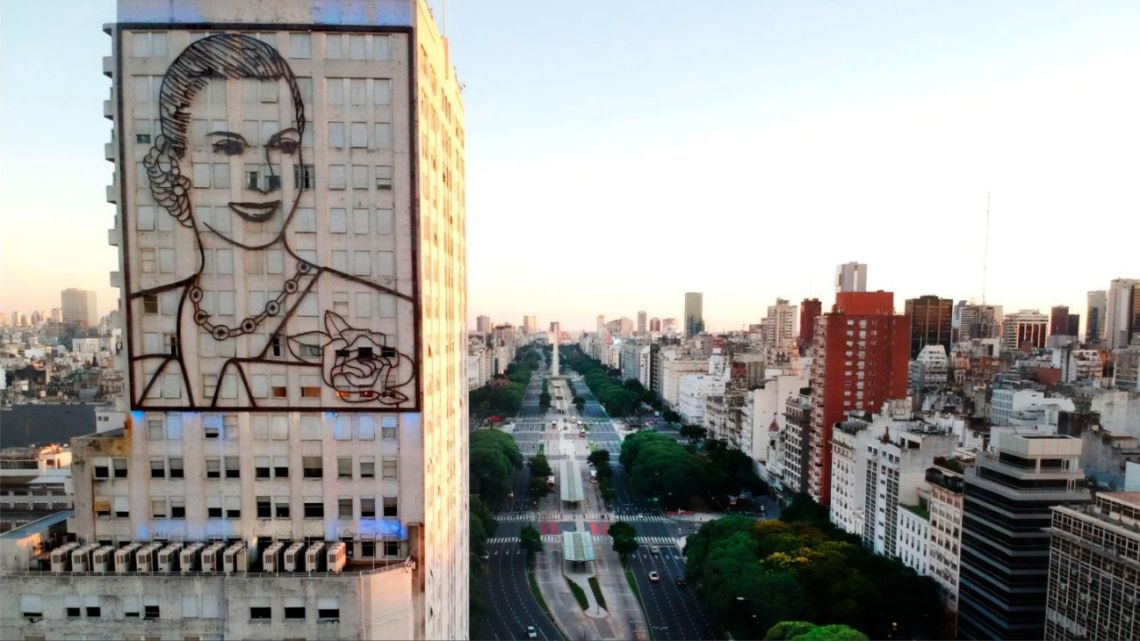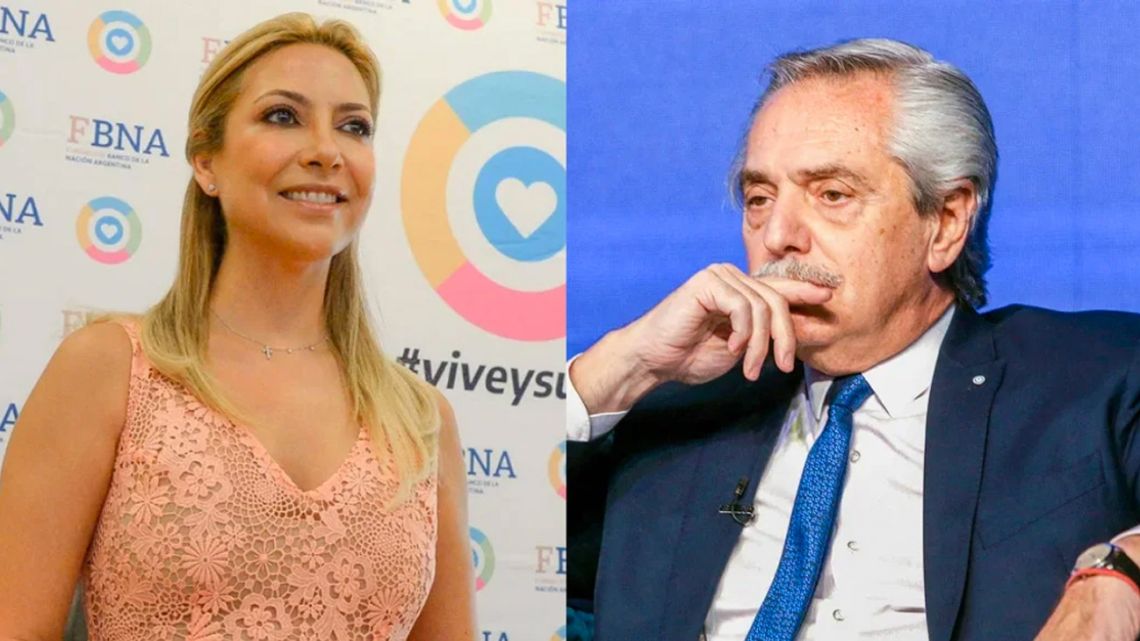Nicaragua’s political climate has taken another turn as the government exiled Carlos Enrique Herrera, the Bishop of Jinotega Diocese. Herrera, who also serves as the president of the country’s Episcopal Conference, was forced to leave Nicaragua for Guatemala.
This move adds to the growing list of actions against the Catholic Church by Daniel Ortega and Rosario Murillo’s government. The tension between the state and the church has been escalating over recent years.
Herrera’s exile came after he criticized the government’s actions. He called out local authorities for playing loud music outside San Juan Bautista Cathedral during a Sunday mass.
The bishop labeled this act as “sacrilegious” and a clear violation of religious freedom. The 75-year-old priest was welcomed by his Franciscan order in Guatemala.
Meanwhile, the Facebook page of Jinotega Diocese has been disabled, further limiting communication channels. Human rights lawyer Martha Patricia Molina reports that 261 religious figures have faced exile or entry bans to Nicaragua.
 Nicaragua’s Religious Landscape Shifts as Bishop Faces Exile. (Photo Internet reproduction)
Nicaragua’s Religious Landscape Shifts as Bishop Faces Exile. (Photo Internet reproduction)This year alone, 55 individuals have been affected. The government keeps a close watch on bishops, priests, seminarians, and laypeople. Molina also revealed that authorities are now targeting altar boys, some of whom are minors.
Nicaragua’s Ongoing Crackdown on the Catholic Church
They are reportedly forced to take photos and videos with police officers. This tactic seems to be part of a broader intimidation strategy.
Exiled priest Erick Díaz confirmed that with Herrera’s expulsion, four dioceses now lack their pastors. He called for continued prayers for the Nicaraguan church amid this persecution.
Herrera had previously advocated for young protesters arrested during the 2018 anti-government demonstrations. Since then, the Ortega-Murillo regime has intensified its crackdown on the Catholic Church and civil society.
The government has shut down Catholic media outlets and seized the Central American University (UCA), a prominent private higher education institution in Managua. These actions reflect the regime’s view that the Church supports opposition forces.
Despite these challenges, Pope Francis recently encouraged the “beloved” people of Nicaragua to renew their “hope” in Jesus Christ. This message comes at a time when relations between the Vatican and Nicaragua’s government remain strained.

 By The Rio Times | Created at 2024-11-15 10:01:04 | Updated at 2024-11-22 08:21:16
6 days ago
By The Rio Times | Created at 2024-11-15 10:01:04 | Updated at 2024-11-22 08:21:16
6 days ago








